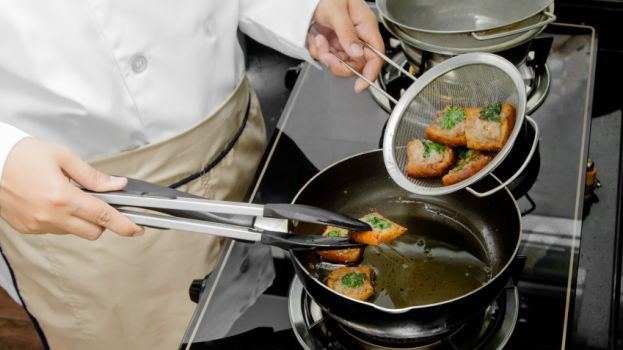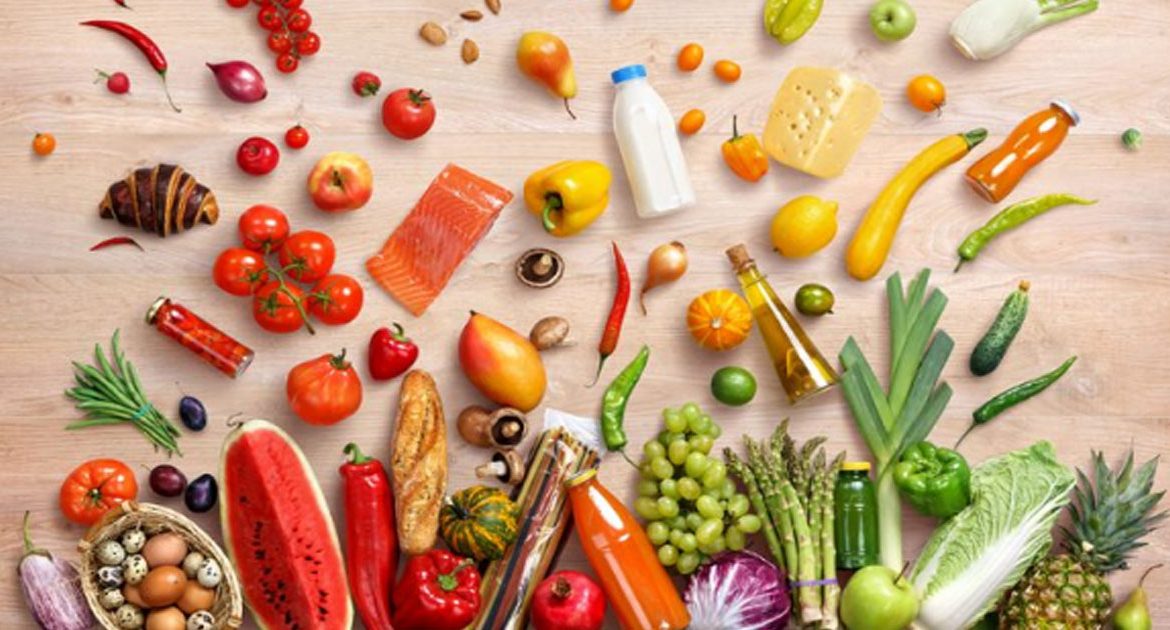Cooking is one of the great skills to learn. Being able to prepare and serve a great meal is one of the most satisfying parts of life, but some people just can’t figure out the nitty-gritty details of being in the kitchen. That’s why these great cooking tips are here to help you become a better chef.
From the prep to the cooking, to the plating, these cooking tips and tricks will make any dish that much better. Any chef worth their salt will take this cooking advice to heart and utilize every one of these great cooking tips for their next meal.
Cooking isn’t just about applying heat to food and sticking it on a plate. There are many important cooking tips and tricks to add depth and flavor to any dish, as well as making prep easier and cutting down on time spent in the kitchen (which is always a good thing). Bon appetit!
1. How to properly dice an onion: Remove the stem and skin from the onion and cut it in half. Start with horizontal cuts, then lengthwise vertical cuts, then slice the onion across.
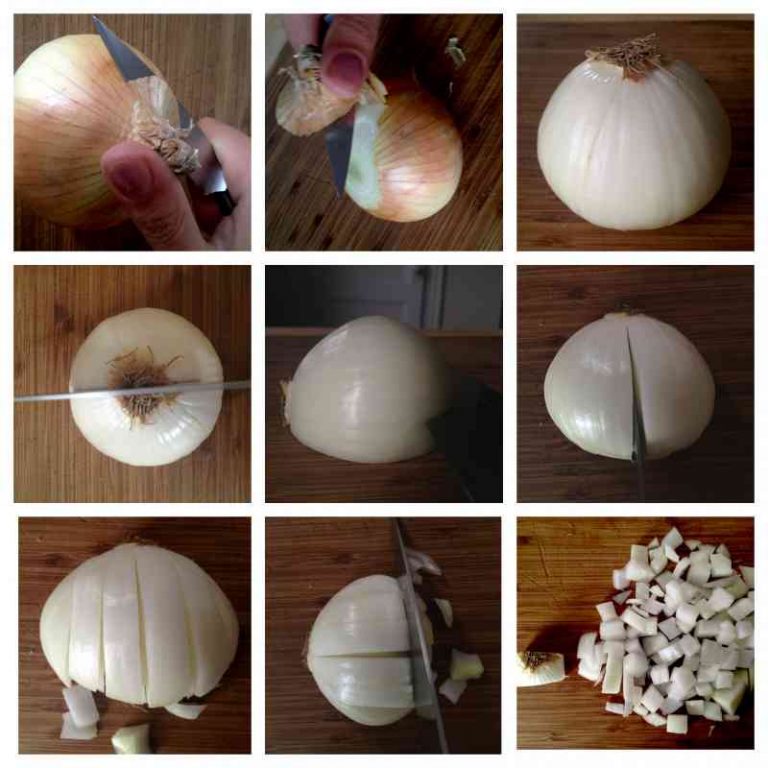
2. Turn down the heat on peppers: One of the great cooking tips is making chili and jalapeno peppers less spicy. Cut the peppers and remove the seeds and membrane.
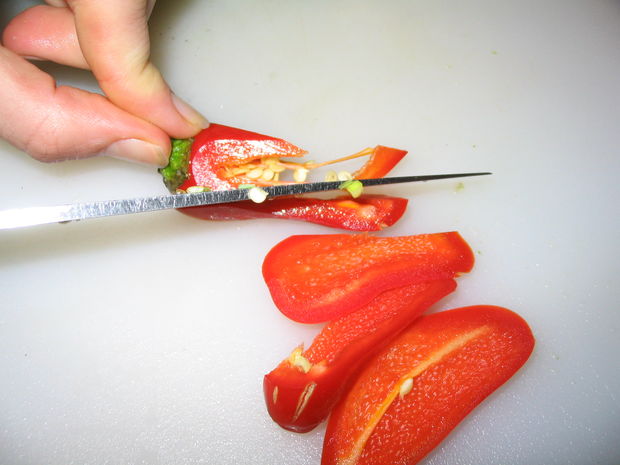
3. Start by chopping garlic: By letting garlic sit, you release its main antioxidant compound, allicin. To peel garlic cloves more easily, crush them under the blade of your knife. The skin comes right off.
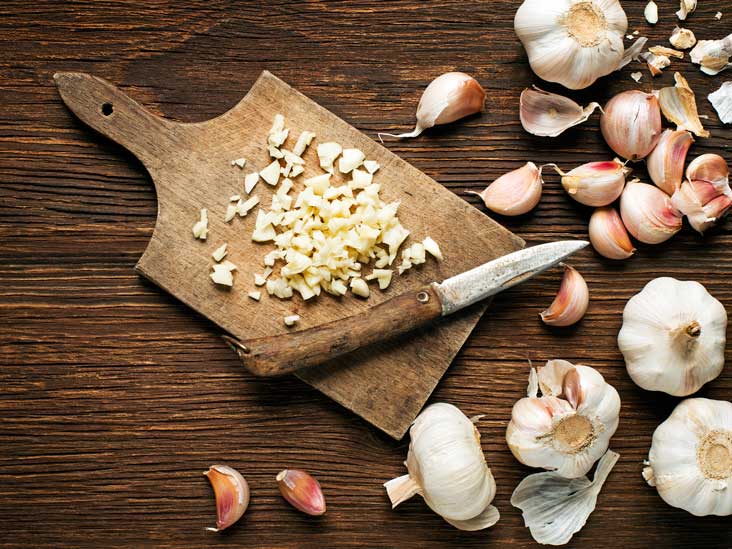
4. Store spices properly: Heat and light are the enemies of spices, sapping them of all their flavor. Always store your spices in a cool, dark place away from direct sunlight.
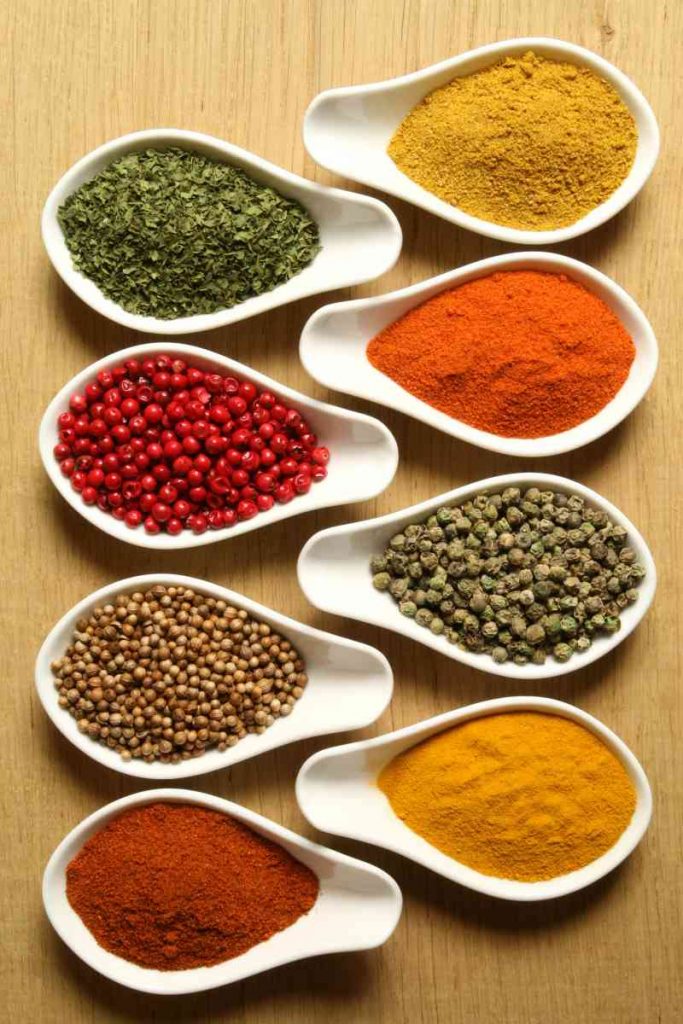
5. A sharp knife is a safe knife: Some really great cooking advice is to have a very sharp chef’s knife at your disposal. It sounds dangerous, but a dull knife is more likely to slip and cut you.
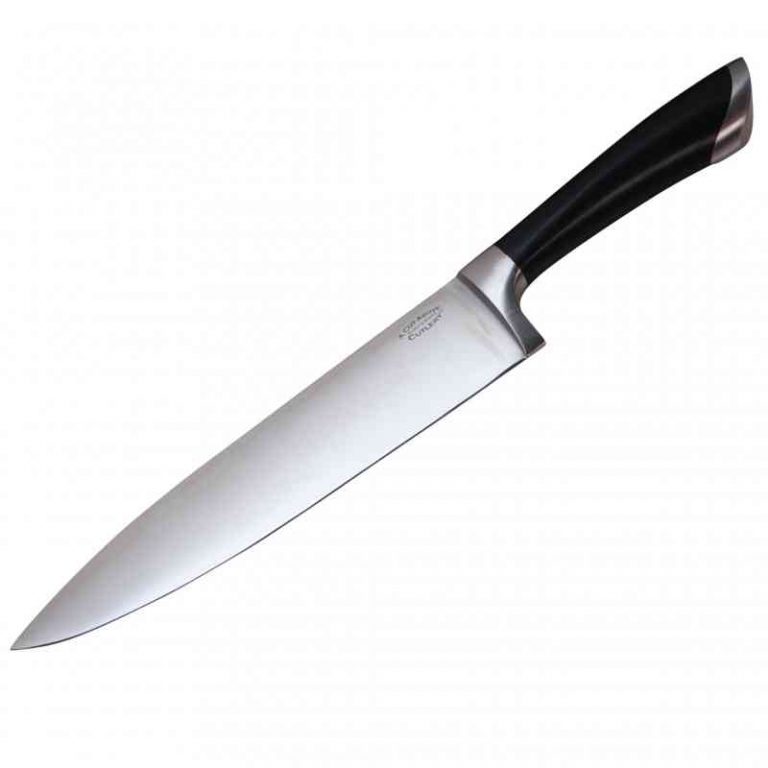
6. Make sure your oil is hot enough: when deep-frying, it is absolutely essential that the oil is at the right temperature. A useful cooking trick is to stick a wooden spoon in there. If the oil bubbles, it’s ready.
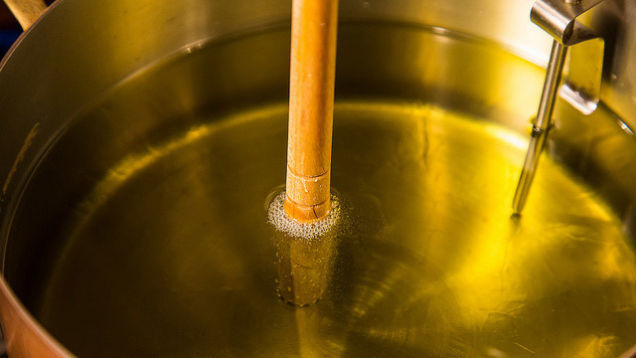
7. Give your meat a rest: Before you cook that beautiful rib eye, let it rest and come up to room temperature. After it’s cooked, put it under foil and rest it again to retain juices.
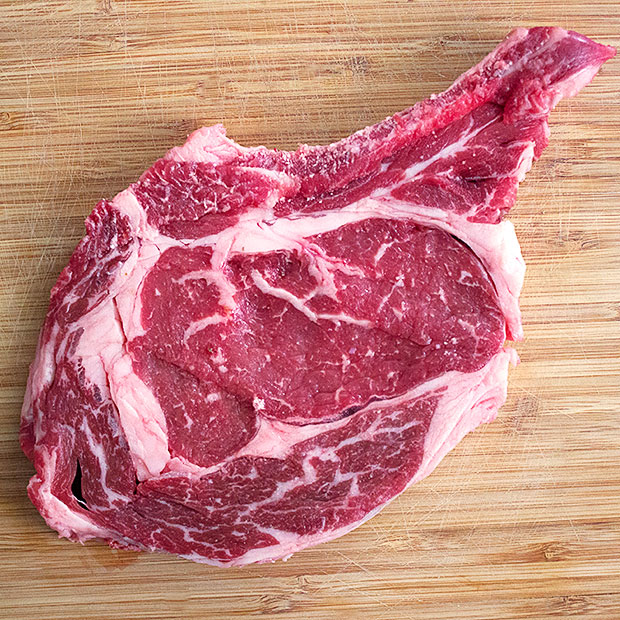
8. Smoke is good when searing that steak: Use an oil with a high smoke point such as canola or vegetable over very high heat. Wait until it is smoking in the pan, then add the meat.
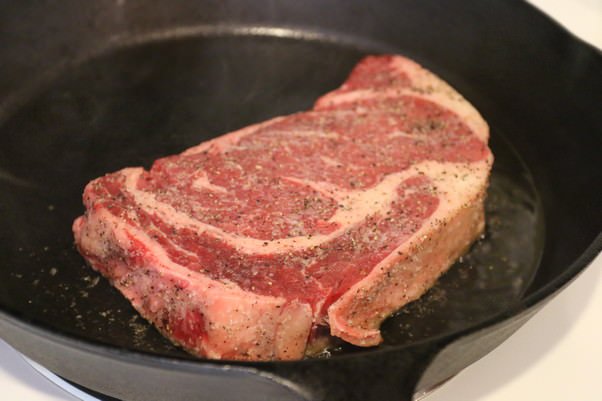
9. Use cocoa powder when rolling dough: Like flour, cocoa powder will keep dough from sticking to the rolling surface, and will add a depth of flavor lacking in flour.
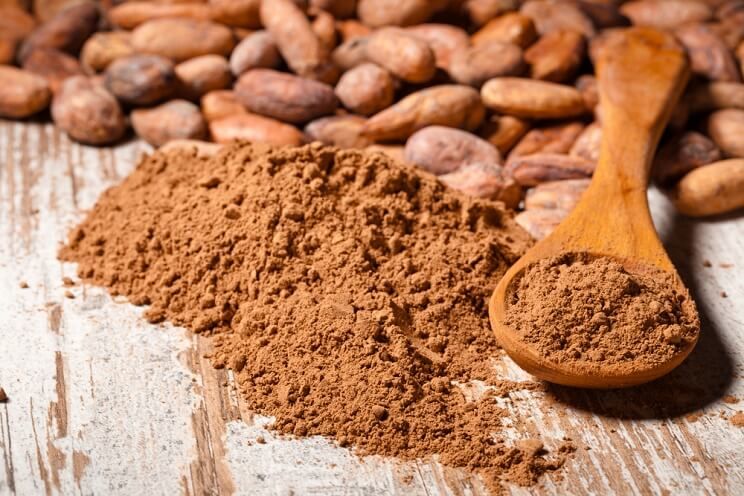
10. Keep that oil off your pasta: Never add oil to cooked pasta to give it flavor. This will prevent the sauce from sticking to the noodles. Instead, retain some of the starchy pasta water to help bind everything.
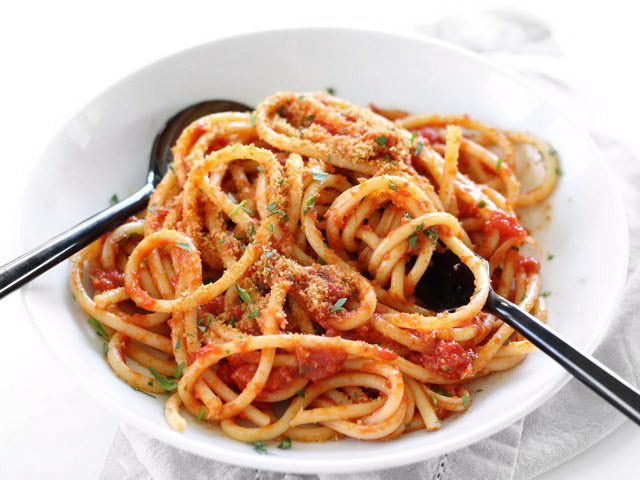
11. Loosen the juice: When using lemon or lime juice in a recipe, roll the fruit under your hand to help the juices be extracted more easily.
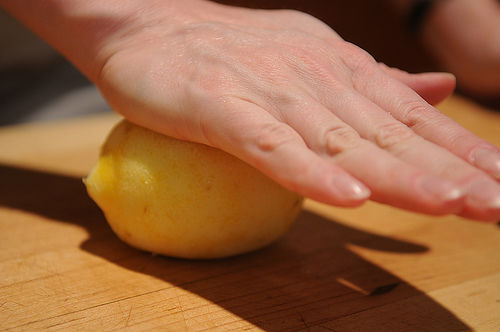
12. Acids are your friend: Always keep a good selection of vinegar in the kitchen. White vinegar is great for pickling vegetables, and a good balsamic vinegar can add dimension to sauces and soups.
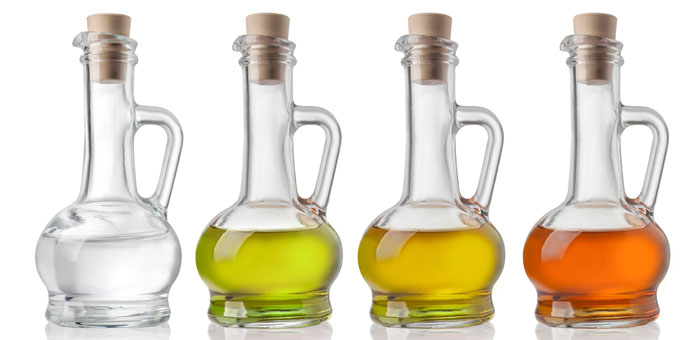
13. Baked Beets are Best: Here’s a useful cooking trick: when preparing beets for a salad or any other dish, bake them in foil. This retains more flavor than boiling them.
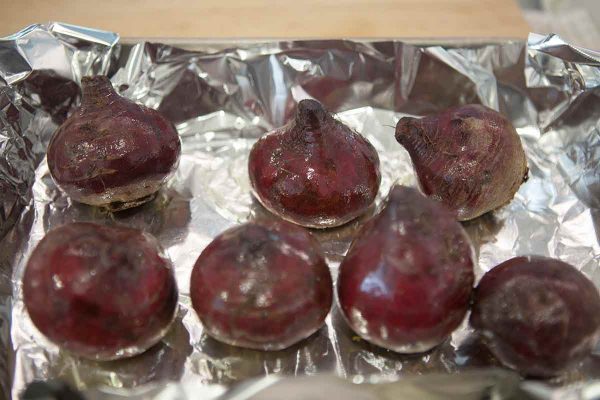
14. Get Crispy potatoes without frying: tossing your potatoes in flour and oil will give them a crispy coating when baking. Add salt, pepper, and garlic powder for more flavor.
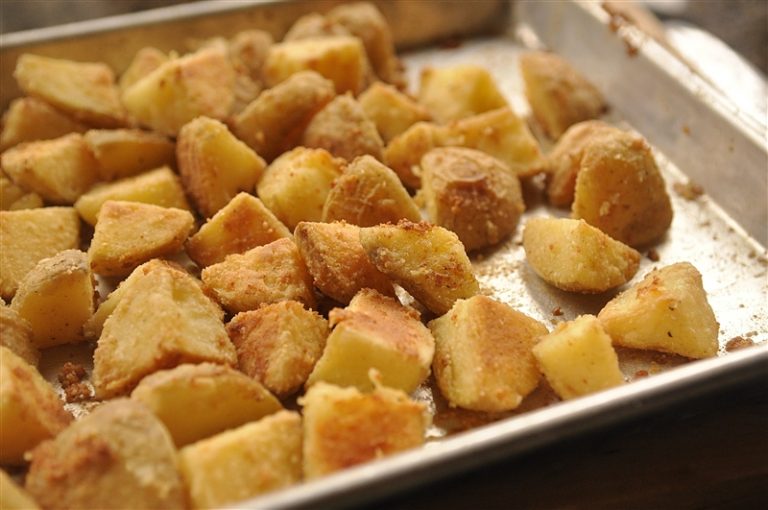
15. Cook the onions first for better meatballs: No one wants a hunk of raw onion in their meatball. Heat the onions in some oil until translucent, then grind them together with the meat.
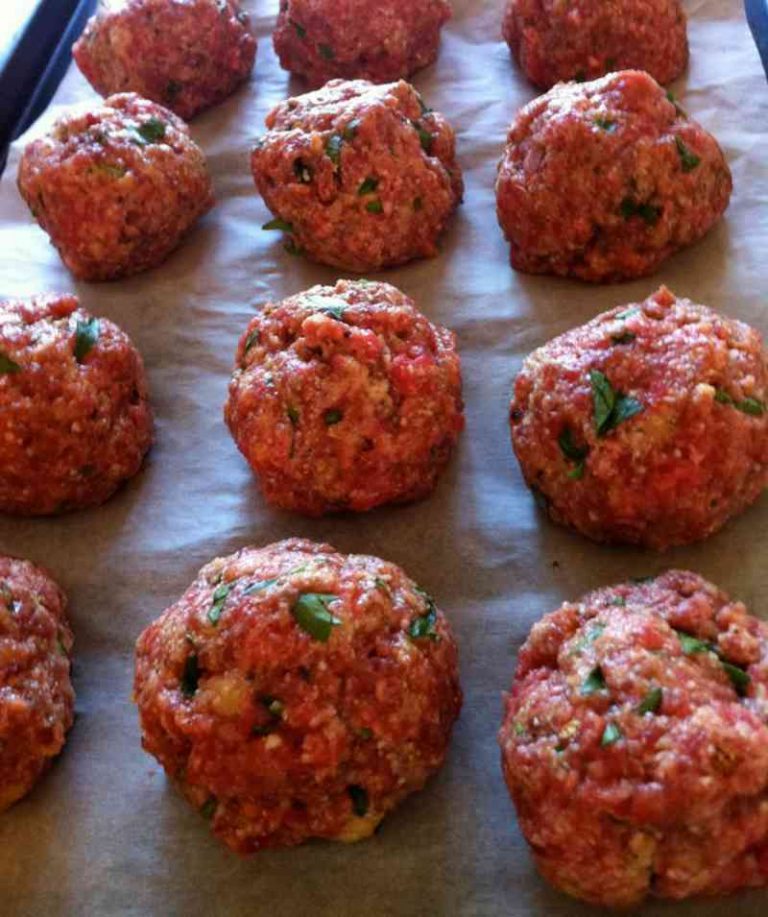
16. Most importantly, taste as you go: The only way to know if your cooking is going to taste good is to taste it yourself. Always be aware of how your food tastes and season accordingly.
